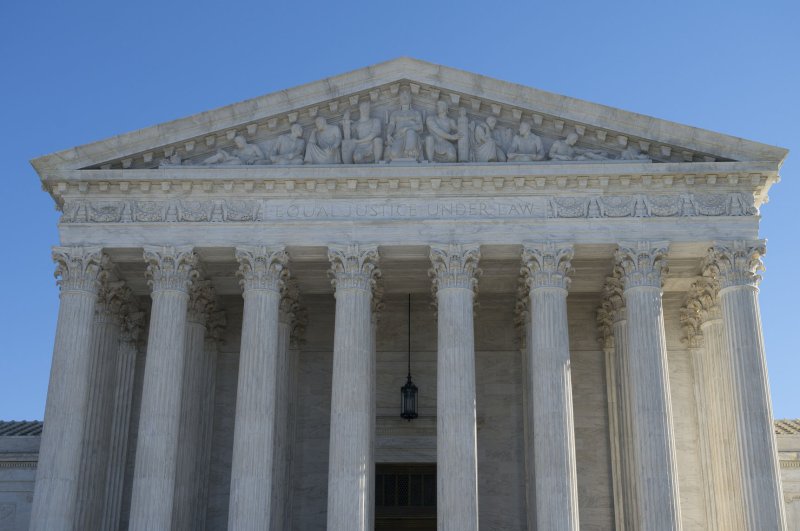WASHINGTON, Jan. 25 (UPI) -- Inmates who were sentenced to life imprisonment as juveniles should be able to file for a re-evaluation -- and possibly attain parole, the U.S. Supreme Court ruled Monday.
In a 6-to-3 ruling, the high court ruled a 2012 decision prohibiting minors from being sentenced to life in prison without parole should be retroactive to include all applicable cases.















